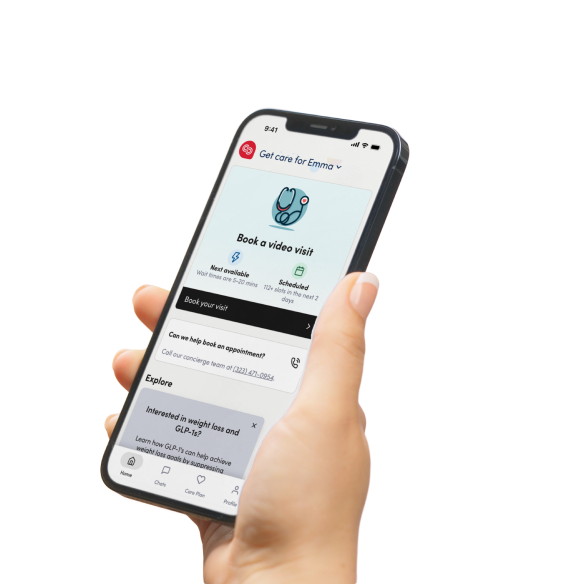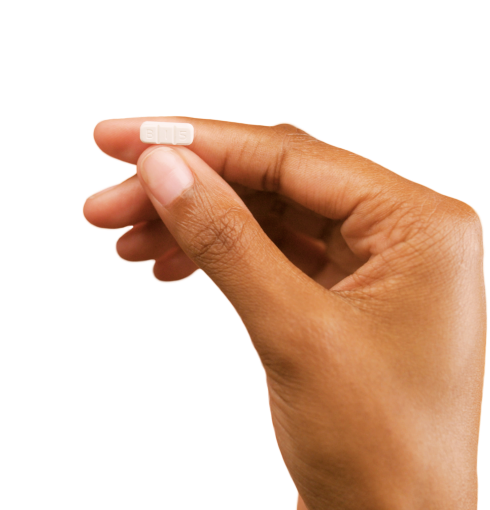Doctors you can trust


Stuffy nose? See one of our doctors for diagnosis and same-day treatment.
![screen-khdrbrown_colored clip_15[00-00]](https://csconnect.cedars-sinai.org/wp-content/uploads/2024/10/screen-khdrbrown_colored-clip_1500-00.png)
Nasal congestion, or more commonly referred to as a stuffy nose, occurs when the flow of air in and out of the nose is obstructed, often due to mucus. This usually happens because of inflammation and swelling in the sinuses and nasal passages.
Common symptoms of nasal congestion include:
Sometimes, congestion in the nasal passages can also cause post-nasal drip, causing excess mucus to build up in the throat. As a result, you may also have a sore throat or a cough when you’re congested.
If your stuffy nose is associated with a viral illness like the common cold, you can expect it to let up within 7-10 days.
Once you work with your doctor to identify what’s causing your stuffy nose, you can treat the symptoms. Commonly, doctors recommend over-the-counter (OTC) decongestants for patients with stuffy noses.
These medications work by reducing the swelling in the nose to ease pressure and ultimately reduce congestion. Consider any of the following decongestants for a stuffy nose:
Before you take a decongestant, talk with a doctor. It’s important not to use a decongestant spray in your nose for more than three days—otherwise, it can prolong or worsen your congestion.
You can chat with one of our doctors on Cedars-Sinai Connect to learn more about treatment and same-day prescriptions.













